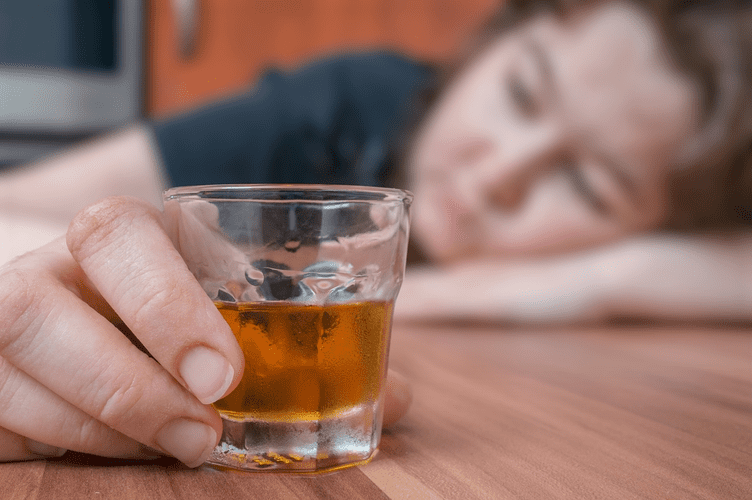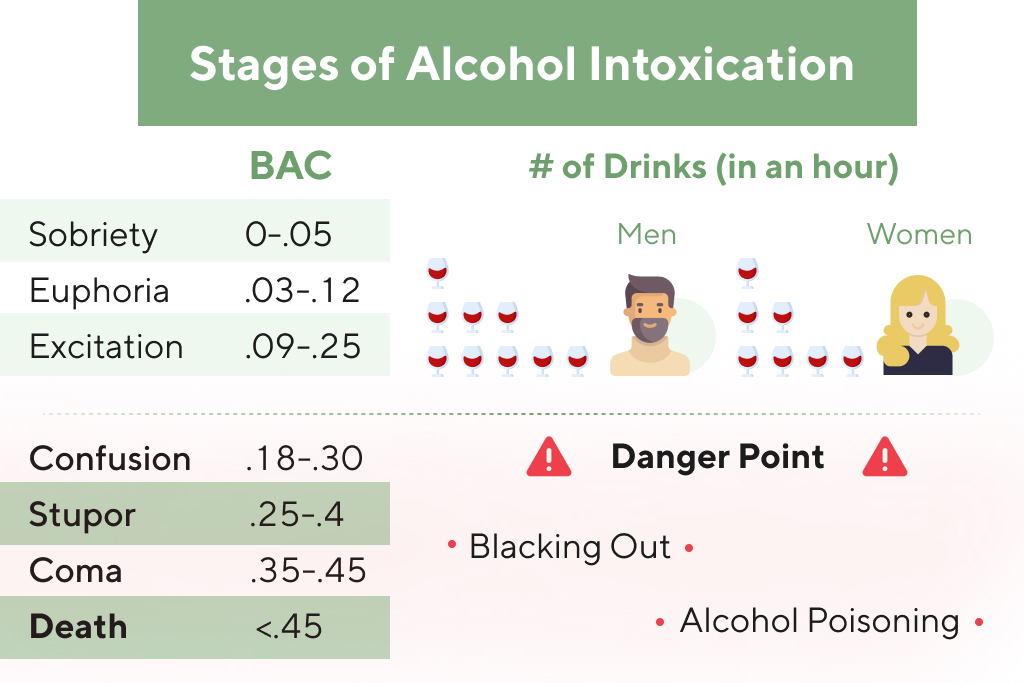How to handle cravings during the recovery process
One of the most effective ways to stop alcohol cravings is by knowing what triggers them in the first place. Hydration and maintaining a balanced diet are critical in managing alcohol cravings. Dehydration and poor nutrition can amplify the need for alcohol.
Understand How Loving-Kindness Meditation Helps
At the end of the day, just remember you don’t have to run the course alone — connecting with a therapist or joining a recovery program can make all the difference. Rather than steeling yourself to face a craving with a sense of restriction, Hanks recommends approaching the craving with curiosity. Even 10 minutes catching up on recent news and sharing stories from your daily life can offer enough of a distraction that the craving passes, almost before you know it. Click here to learn more about medication-assisted treatment (MAT).
Flexible Addiction Treatment Options

It is better to accept them as normal and actively treat them through a variety of methods, including possibly taking medication. Alcohol cravings are caused by psychological and physical factors that form triggers that tempt you to drink. Although the available evidence is mixed or lacking in humans, the following natural supplements, herbs, and vitamins might help curb alcohol cravings (5, 6, 7). Dairy products in general are good sources of calcium, vitamin D, and other vitamins and minerals that you’ll need to replenish to stay healthy and fight cravings. The protein in poultry coping with alcohol cravings and fish helps in the production of dopamine, which can help improve your mood as you fight alcohol cravings.
Talk About the Drug and Alcohol Cravings
Let’s discuss how cravings affect us and what you can do to overcome them. Generally, cravings don’t last longer than 10 to 15 minutes unless you https://ruralz.com/?p=27826 make the decision to keep them alive longer. Instead of ruminating on the craving, find a productive way to distract yourself.
- Therapy modalities like Cognitive Behavioral Therapy (CBT) teach skills to reframe thoughts and develop healthier coping mechanisms.
- A notepad or smartphone app can help you record how much alcohol you have.
- While the first can be seen as a normal desire, the latter represents a craving which entails a mental preoccupation with alcohol that typically leads to problematic drinking.
External Triggers For Alcohol Consumption
First, individuals should assess their common triggers and establish specific coping strategies for each. These may include Alcoholics Anonymous distraction techniques like engaging in a hobby, mindfulness exercises such as deep breathing or meditation, or reaching out to a support person. Managing cravings effectively involves adopting various self-care strategies that promote emotional stability and physical well-being. Mindfulness practices are especially beneficial; techniques like mindful breathing, body scans, and meditation help individuals stay anchored in the present moment.
The Importance of Self-Reflection in Addiction Recovery

Understanding internal triggers like stress, boredom, or negative emotions, as well as external triggers such as places, people, or specific times, is vital in addiction recovery. Recognizing these cues allows individuals to develop specific strategies to avoid or cope with them. Techniques like journaling, maintaining a trigger diary, and seeking professional support help identify personal triggers.
- This can provoke an internal struggle, with people caught in a tug-of-war between yielding to these cravings and resisting them, a situation that can be both stressful and distressing.
- Think about the specific situations, emotions or people that are triggering your cravings.
- Firstly, Mindfulness is a mental state achieved by focusing one’s awareness on the present moment, while calmly acknowledging and accepting one’s feelings, thoughts, and experiences.
How do mindfulness, meditation, and relaxation techniques assist in managing internal triggers?

Everyone who’s engaged in addictive behavior will experience uncomfortable cravings (“I want it badly”) and urges (“I have to do it now”). At the outset of recovery, they can be pretty intense, but each one will subside if you can wait it out and have a plan for relapse prevention. Cravings and urges will decrease in strength and frequency over time.